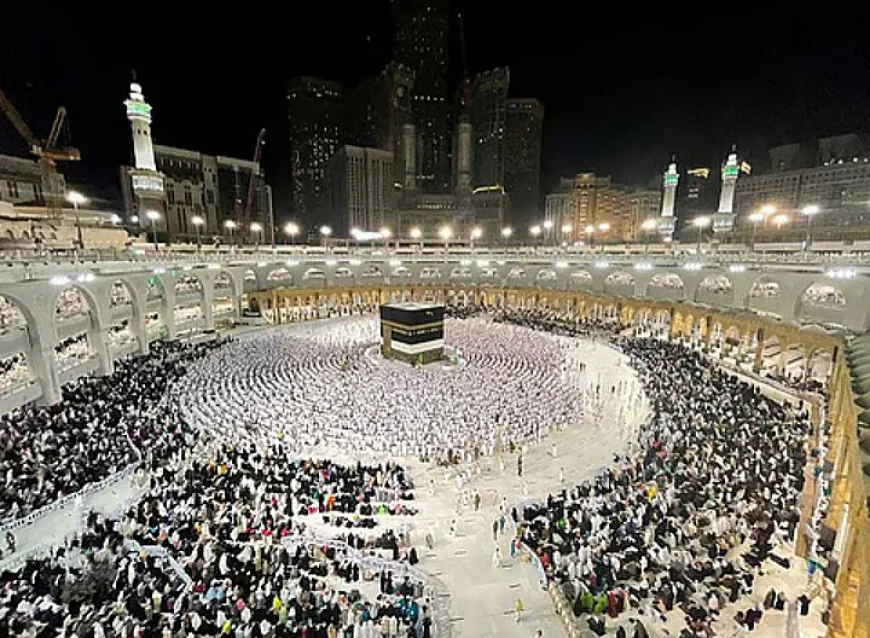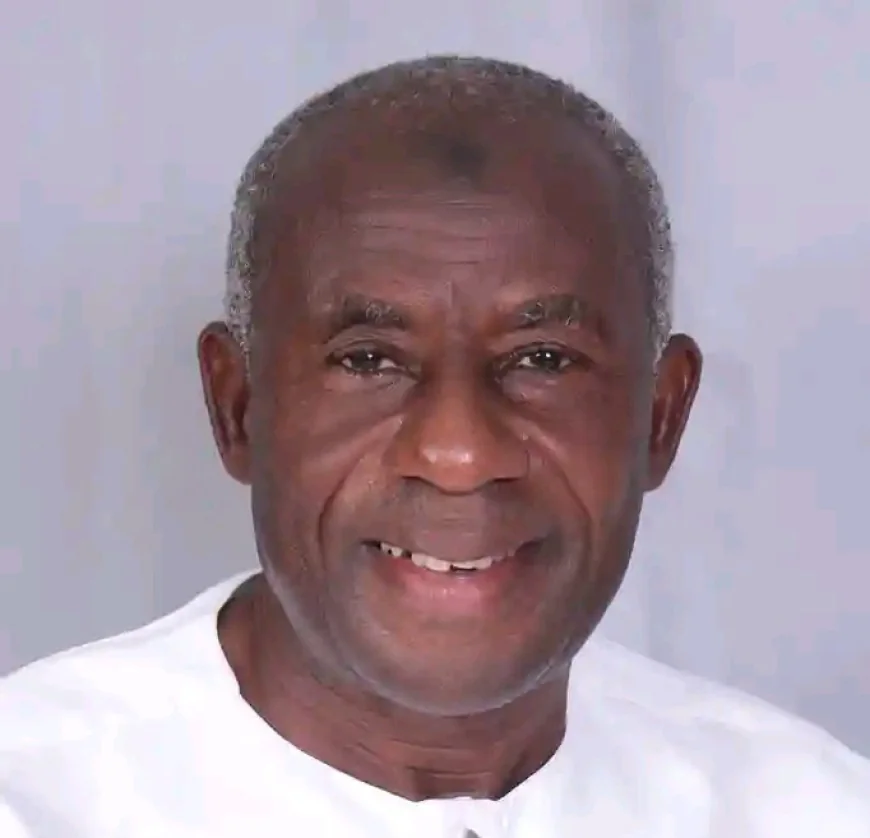2025 Hajj Pilgrimage: 7 Ghanaians Reportedly Dead
The Hajj board chairman, in an interview with a local media house, confirmed these deaths.

The Ghana Hajj Board has formally confirmed the demise of seven Ghanaian pilgrims who took part in the 2025 Hajj in Saudi Arabia.
The perished includes five females and two males.
Although their identities were not revealed, the Hajj Board informed the affected families in Ghana and extended condolences on behalf of the nation.

Chairman of the Hajj Board, Alhaji Collins Dauda, made this known in a conversation with an Accra-based media platform TV3 on Saturday, June 7, describing the incidents as profoundly unfortunate
“Unfortunately, for the 2025 pilgrimage, we have lost seven of our compatriots. Deaths are painful, but death will come when it has to come. We express our deepest condolences to the families back in Ghana who have been affected in this case,” he said.
Alhaji Dauda added that the Board would visit the affected families in Ghana at the right time to commiserate with them.
In accordance with Islamic tradition, all seven pilgrims were interred in Saudi Arabia, as is customary for those who pass away during the pilgrimage.
More than 6,000 Ghanaian pilgrims journeyed to Mecca in 2025, joining over two million Muslims from across the globe. The Hajj is acclaimed for its physically demanding rituals, often carried out under extreme temperatures. Reports from Mecca this year indicated heat levels exceeding 48°C, posing serious health risks—especially for the elderly and those with underlying health conditions.
Despite the harsh weather conditions, this year’s death toll reflects significant progress. In 2024, 17 Ghanaian pilgrims passed away during Hajj, compared to seven this year—a reduction of nearly 59%.
Alhaji Dauda attributed the decrease to improved health and safety protocols rolled out in collaboration with Saudi authorities. These included pre-departure medical screenings, the deployment of dedicated Ghanaian medical teams, and improved emergency response systems.
Additional measures to avert heatstroke—such as the availability of hydration points and health advisories—were also established to protect pilgrims.
The Ghana Hajj Board reiterated its commitment to further enhancing the safety and well-being of all Ghanaian pilgrims and promised to continuously review its systems to align with global standards for managing densely populated events under tough situations.


